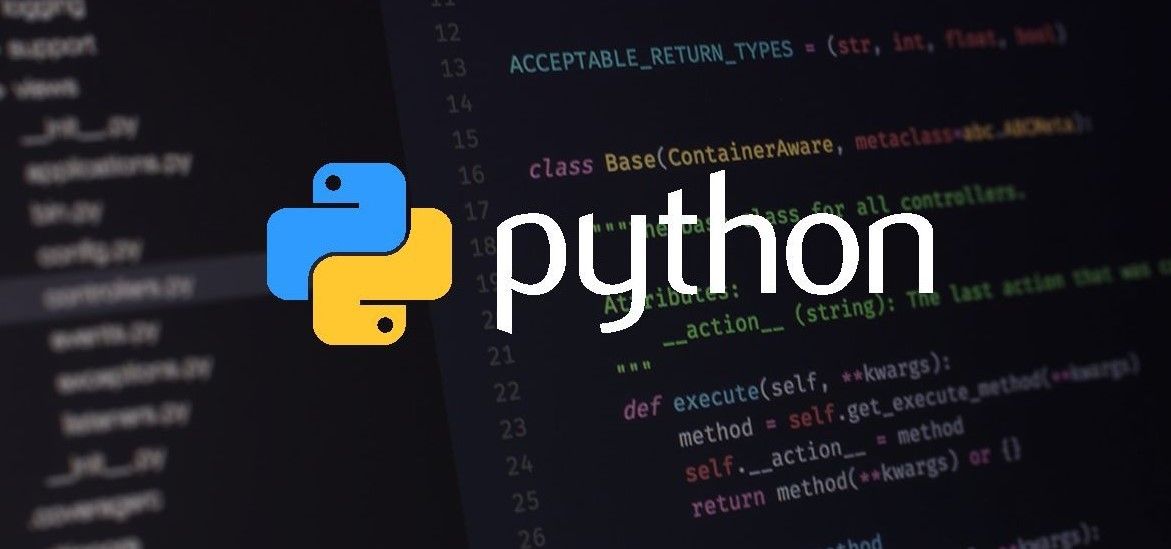Python has become one of the most versatile and popular programming languages, suitable for various applications ranging from web development to data science. This quick study guide is designed to help you navigate through the essential concepts and advanced topics of Python programming. Whether you are a beginner or an experienced developer, these curated resources will aid in enhancing your Python skills.
Table of Contents
Beginner Level
| Sr. No. |
Topic |
Resource |
| 1 |
Object-Oriented Principles |
Download Link below |
| 2 |
Interpreted vs Compiled Languages |
Download Link below |
| 3 |
What is a Lambda Function in Python? |
Download Link below |
| 4 |
Packages in Python |
Download Link below |
| 5 |
Python Modules |
Download Link below |
| 6 |
Python Lists |
Download Link below |
| 7 |
Python Dictionary |
Download Link below |
| 8 |
Python Sets |
Download Link below |
Advanced Level
| Sr. No. |
Topic |
Resource |
| 1 |
What are Python Namespaces? |
Download Link below |
| 2 |
What is Passing Arguments by Object Reference? |
Download Link below |
| 3 |
What is Pickling and Unpickling? |
Download Link below |
| 4 |
Different Access Modifiers |
Download Link below |
| 5 |
What is Shallow Copy vs Deep Copy? |
Download Link below |
| 6 |
How is Multi-threading Achieved in Python? |
Download Link below |
| 7 |
How is Memory Managed in Python? |
Download Link below |
| 8 |
Garbage Collection in Python |
Download Link below |
Exploring Python Concepts
Beginner Level
Object-Oriented Principles
Learn the core principles of object-oriented programming (OOP) in Python, including classes, objects, inheritance, polymorphism, and encapsulation.
Interpreted vs Compiled Languages
Understand the differences between interpreted and compiled languages, and discover why Python is considered an interpreted language.
What is a Lambda Function in Python?
Explore lambda functions in Python, also known as anonymous functions, and see how they are used for creating small, throwaway functions.
Packages in Python
Get an overview of Python packages, which are collections of modules that help in organizing and structuring your code.
Python Modules
Learn about Python modules, which are files containing Python code that can be imported and reused in other programs.
Python Lists
Dive into Python lists, a versatile data structure used for storing ordered collections of items.
Python Dictionary
Explore Python dictionaries, which store data as key-value pairs, providing efficient ways to access and manipulate data.
Python Sets
Understand Python sets, an unordered collection of unique items, and see how they can be used for various set operations.
Advanced Level
What are Python Namespaces?
Learn about namespaces in Python, which are used to ensure that object names are unique and can be used without any conflict.
What is Passing Arguments by Object Reference?
Explore how Python handles function arguments and the concept of passing arguments by object reference.
What is Pickling and Unpickling?
Understand the process of pickling (serializing) and unpickling (deserializing) Python objects, which is essential for saving and loading data.
Different Access Modifiers
Learn about access modifiers in Python, which control the visibility of class members and help in implementing encapsulation.
What is Shallow Copy vs Deep Copy?
Discover the differences between shallow and deep copying of objects in Python and understand when to use each type.
How is Multi-threading Achieved in Python?
Explore the concepts of multi-threading in Python and see how it can be used to run multiple threads concurrently.
How is Memory Managed in Python?
Understand Python’s memory management, including the allocation and deallocation of memory for objects.
Garbage Collection in Python
Learn about Python’s garbage collection mechanism, which automatically handles memory deallocation for unused objects.
Conclusion
Mastering Python is essential for modern software development. Whether you’re just beginning your journey or looking to deepen your expertise, this quick study guide provides valuable resources to support your learning process.
Follow Us On Instagram for free resources and projects: @enally.in
Download From Here: Python Quick Study Guide



Comment
Coming Soon